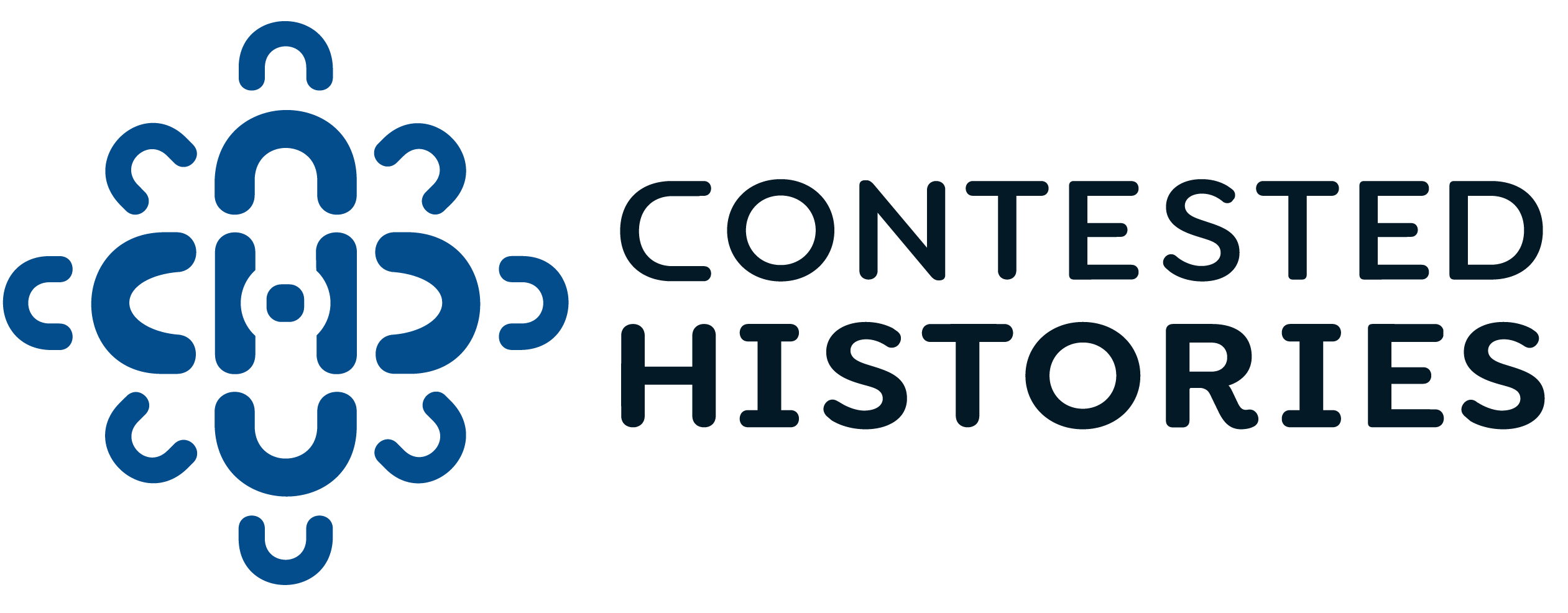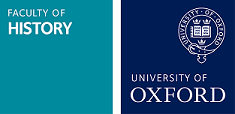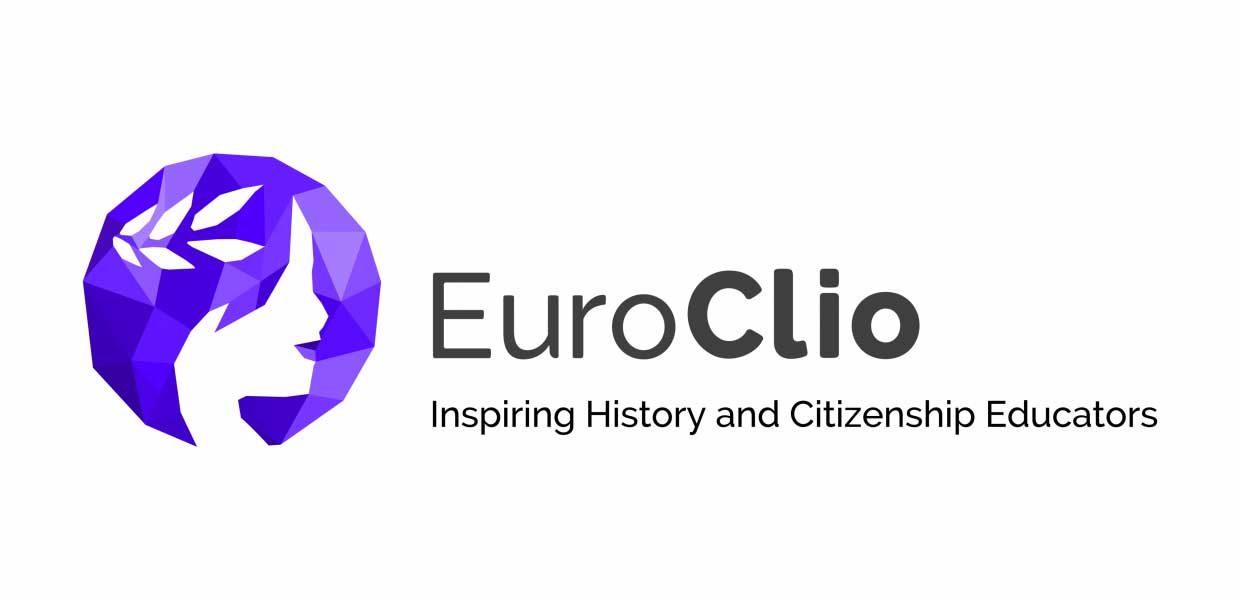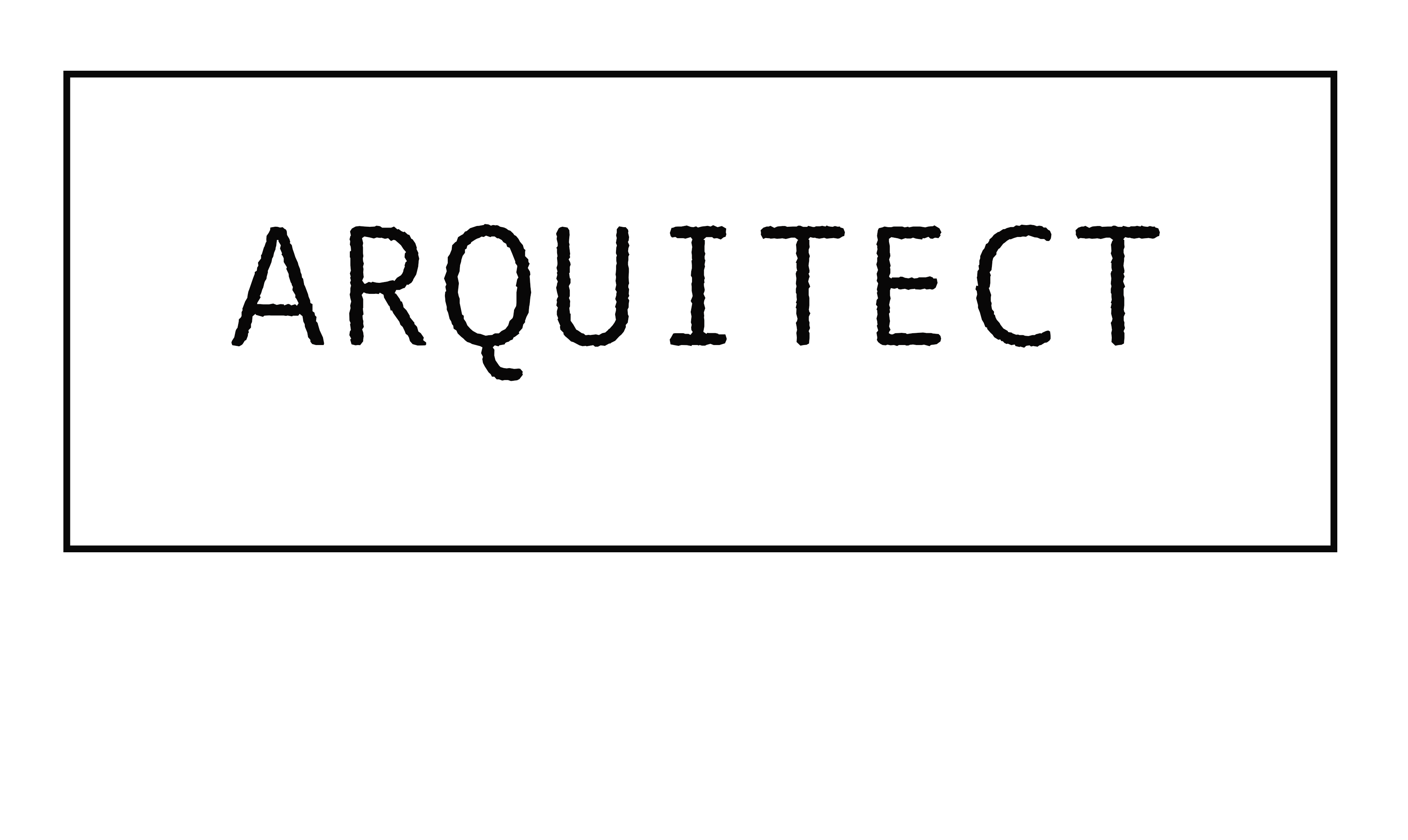Project Manifesto
This digital archive aims to excavate and document the legacy of the early Atlantic slave trade in Portugal. We deal with sites in which the controversial memory of slavery has materialised in the country and aim to make a contribution to the broader debate over the legacy of colonialism across Europe and the former colonies.
The archive constellates sites of contested memory in two major cities in Portugal still haunted by the memory and afterlife of slavery: Lagos and Lisbon. It juxtaposes hitherto untranslated archival material with audio-visual materials that examine the trade’s continuing legacies. This site is intended to be a permanent work in progress.
Background
With the capture and deportation of some 12.5 million African people, the Atlantic slave trade was likely the costliest in human life of all long-distance global migrations. Academic and public engagement with the legacy of slavery and the Atlantic slave trade typically narrows its focus to the Americas. The fact that the trade had its roots in the beginnings of Portuguese exploration and initially it was mostly directed to Iberia – and Europe more generally – is usually overlooked. This digital archive of contested legacies aims to promote greater public engagement with sites in which the controversial memory of slavery has materialised in present-day Lisbon and Lagos, the two main ports of import of enslaved people from West Africa in the 15th and 16th centuries.
The project’s point of departure is the Slave Market Museum of Lagos, which was opened in 2016, not far from the area where the first group of enslaved people of African origin were traditionally said to have been shipped and sold in 1444. The museum must be considered in relation to an unmarked mass grave just 550m away, which was excavated in 2009 during the construction of an underground car park and found to contain the remains of 158 enslaved individuals from the 15th century. Barely publicized, the story has since been virtually silenced. From the case study of Lagos, the digital archive broadens its scope to excavate the history and contested legacies of the early Atlantic slave trade in Portugal more generally. Special attention is given to Lisbon, which became the European city with the largest Afro-descendant population during the 16th century as well as the capital of a global empire in which slavery was massively employed.
The digital archive connects the study of the past with controversies and debates that matter to the present. It provides a tool to learn more about the historical realities of enslaved people of African origin in c. 1450-1550, as well as to engage with the visible and invisible marks which they have left on the urban fabric of Lagos and Lisbon and the very different meanings that they have for the various members of Portuguese society. This website comprises a unique educational resource, which results from the collaboration and exchange of knowledge among a range of subjects and stakeholders, including scholars, MPs, activists and members of grassroots associations, and tour guides. It grants access to a range of carefully curated audio-visual materials, conceptualised and implemented by filmmaker and researcher Arjuna Keshvani (Arquitect Productions CIC), as well as information previously undocumented, histories previously unsung, and historical documentation hitherto untranslated. Interviews were recorded in Portugal and remotely during the month of June 2022.
A collaboration between the University of Oxford and EuroClio, developed in close conversation with the ongoing Contested Histories Initiative and based on original content produced by Arquitect Productions CIC, the project ‘The Early Atlantic Slave Trade in Portugal: A Digital Archive of Contested Legacies’ was funded by the Knowledge Exchange Seed Fund of the University of Oxford and directed by Professor Giuseppe Marcocci.
Project Participants:
Principal Investigator: Dr. Giuseppe Marcocci
Project Manager & Producer: Arjuna Keshvani
EuroClio Representative: Steven Stegers
Research Assistant: Angélica Vedana
Junior Research Assistants: Rachel Dastgir & Zahra Lahrie
Translators: Gabriella Có, Rohan Bhatia, Daniel Boa Nova, Angélica Vedana
Content Production:
Video content production: Arjuna Keshvani, ARQUITECT Productions CIC.
Cinematography: Arjuna Keshvani
Assistant Camera: Freddie Schrager
Runners: Cameron Anderson
Sound Recordists: Arjuna Keshvani, Rohan Bhatia
Website Design: Arjuna Keshvani, ARQUITECT Productions CIC
Post-production: ARQUITECT Productions CIC
Sound Editors: Lazar Liebenberg, Arjuna Keshvani
This project was made possible with the support of the University of Oxford.





